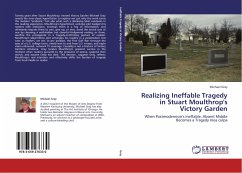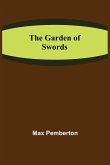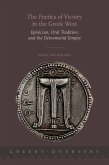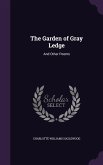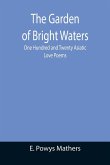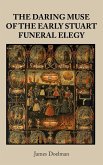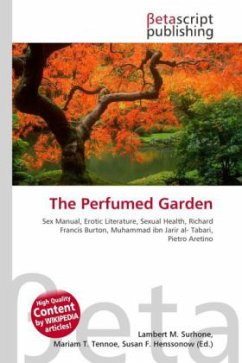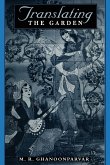Twenty years after Stuart Moulthrop created Victory Garden Michael Gray revisits the now-classic hyperfiction to explore not just why the work earns the moniker "academic," but also what such a dismissive label overlooks in the reading experience. Moulthrop's hyperlinked, web-like plot badgers his readers with indecision, envelops them in a fog of information, and ultimately requires them to one, give up; or two, avoid the brutal cost of war by choosing a well-hidden but cheerful Hollywood ending; or three, sacrifice the protagonist in a tragedy-confirming gesture of realism. Moulthrop's labyrinthine plot entangles his readers in a postmodern test case: as readers, we see, as per parallax, the First Gulf War through the eyes of a U.S. college town, emails sent to and from U.S. troops, and night vision enhanced, network TV coverage. Causality is not a feature of Victory Garden's simulacra. Gray locates Moulthrop's greatest success in the moment when readers succumb to the pressures of aporia, suspend their search, and assume Emily has died. This decision, suggests Gray, reflects Moulthrop's real intention and effectively shifts the burden of tragedy from Scud missile to reader.

